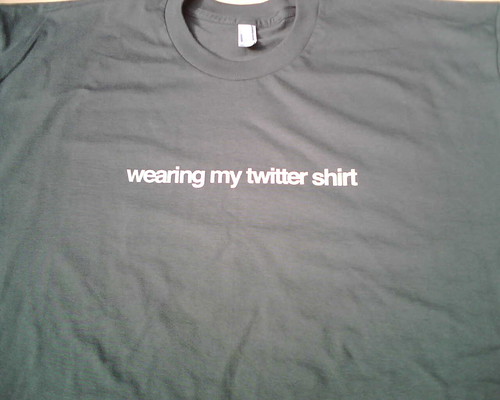Through The (Where) Window
After a year's break, I'm back at O'Reilly's Where 2.0 conference, now rebranded as simply the Where Conference. This year, the conference has slipped north from its Valley roots and taken up residence in the Marriott Marquis hotel in the heart of downtown San Francisco. The view from the window of my room on the hotel's 25th. floor is simply ...
[gallery]
... geographically stunning.
More on Where, plus a write up of my session's talk in a later post.
